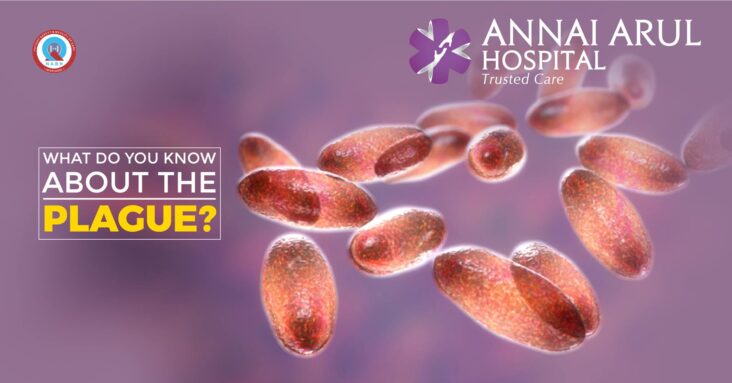When you talk about the plague disease, you may think that it is something which existed only in the middle ages and in far away lands. You may think that the plague is not in this world anymore, but the truth is different. The plague is a disease that is very much present even today and it is as dangerous as it was hundreds of years ago.
You should not be shocked and disheartened by knowing that the plague still infects our world. In those days our ancestors did not know what caused plague but today we know what causes it. We also have the treatment for the disease and the know-how to prevent it from spreading.
The Plague Explained
The plague is caused by a bacteria which is called Yersinia pestis and it spreads from fleas. The fleas pick up the bacteria when they bite animals like rats, mice or squirrels. Later when these fleas happen to bite a human they pass on the germs. Plague also spreads with direct contact with animals or people already infected.
Since there are good prevention techniques and treatment available, the plague has become a rare occurrence. The plague is still prevalent in countries like Africa, India and Peru.
What are the types?
Normally three types of the plague are identified. The Bubonic plague, the Septicaemia plague and the Pneumonic plague.
Bubonic Plague: This is the most common type which causes buboes or lymph nodes under the arms, in the neck or groin.
Septicaemia Plague: This type is more dangerous and infects the blood causing bleeding, blackened skin and belly pain.
Pneumonic Plague: It is a rare form of the disease which affects the lungs and causes pneumonia. It is a very contagious form since it spreads through the air.
What are the plague symptoms?
When a person is infected with the plague the symptoms occur anywhere from 1-6 days time. The infected person will feel very sick and weak and have high fever, chills and headaches. The rest of the symptoms differ and will be according to the type of the plague you are infected with.
What is the treatment?
If you show any symptoms then it is better to see a doctor who will be able to assist you in identifying the plague. Doctors usually do a blood test along with test on samples of spit or fluid from the lymph nodes. If you have been with a person suspected of having plague the doctor will start treatment immediately even if there is no symptoms.
How to prevent the plague?
If you travel to areas which are prone to cause the plague then stay away from incidents of plague and also away from sick or dead animals. If you happen to live in an area where there has been cases of the plague then fill holes and gaps in the house to stop mice, rats and rodents from entering the house.
Clean all the piles of leaves, wood or rocks where animals may hide. Preferably use a bug repellent to prevent the presence of fleas. Wear gloves while touching animals. Use flea sprays on pets and try not to let pets out-door.


